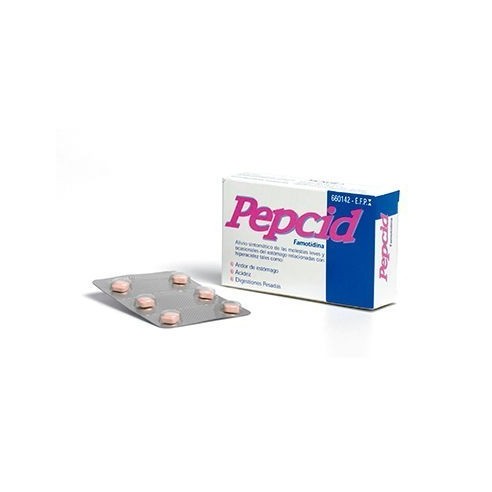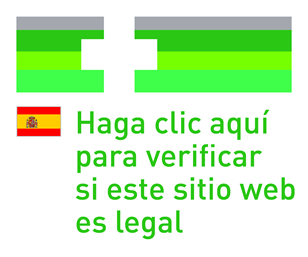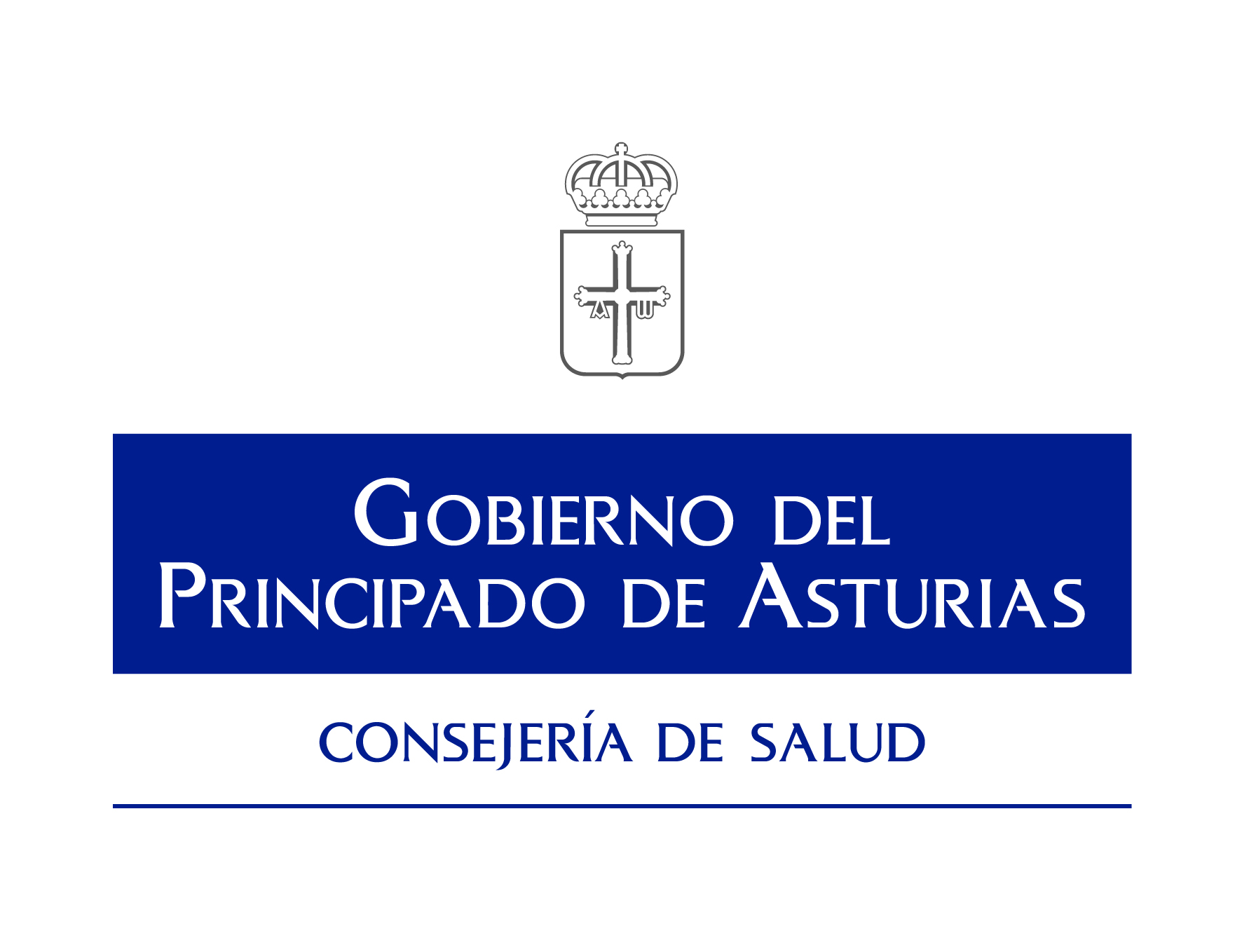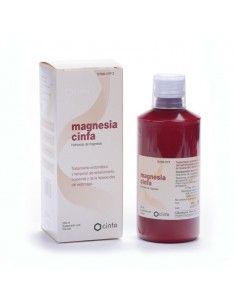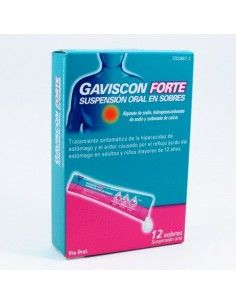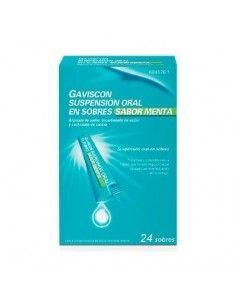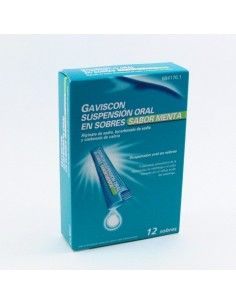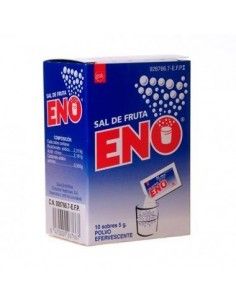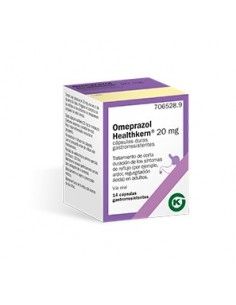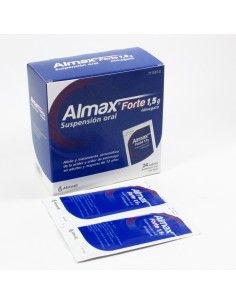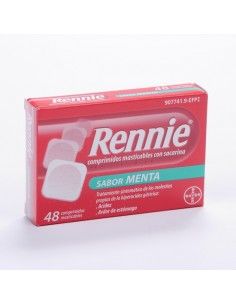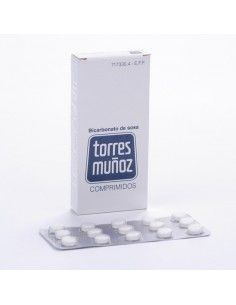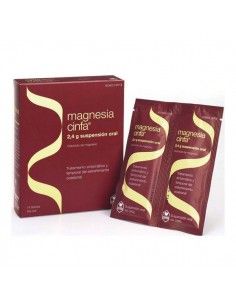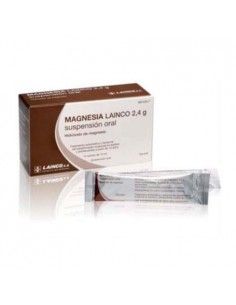Pepcid 10 mg film-coated tablets
famotidine
Read the whole of this leaflet carefully before you start taking this medicine because it contains important information for you.
Follow the instructions for taking the medicine exactly as described in this leaflet or as told by your doctor or pharmacist.
Keep this leaflet for future reference as you may need to read it again.
If you need advice or further information, ask your pharmacist.
If you experience any side effects, even if they are not mentioned in this leaflet, please tell your doctor or pharmacist.
You should tell your doctor if your condition gets worse or if it does not improve after 7 days of treatment.
What is Pepcid and what is it used for?
What Pepcid is and what it is used for
What you should know before taking Pepcid
How to take Pepcid
possible side effects
Where to keep Pepcid
Pack contents and additional information
1. What Pepcid is and what it is used for
Famotidine is in a group of medicines that act on the acid-producing cells in the stomach to reduce acid production.
Pepcid is used to relieve the symptoms of heartburn and acid indigestion in adults and children 16 years of age and older.
Consult your doctor if your symptoms get worse or do not improve after 7 days of treatment.
2. What you should know before taking Pepcid
You should not take Pepcid if
If you are allergic to famotidine or any of the other ingredients in this medicine (see section 6).
If you are allergic to other H2-antagonists (antihistamines) as cross sensitivity has been observed.
Warnings and Precautions
Consult your doctor or pharmacist before taking Pepcid:
If you have weight loss for no known reason.
If you are middle aged or older and are experiencing upset stomach for the first time or your symptoms have recently changed.
You have liver or kidney problems.
If you have difficulty swallowing or persistent upset stomach.
If you are allergic to other medicines in this group (cimetidine, nizatidine, ranitidine).
Discontinue treatment and consult your doctor if you experience difficulty or pain in swallowing, severe vomiting, black stools, choking or chest pain.
Treatment should not exceed 7 days; if there is no improvement after this time or if the condition worsens, consult your doctor.
To avoid stomach discomfort associated with hyperacidity (indigestion, burning and heartburn), try not to smoke, eat regular meals, avoid alcohol and avoid stressful situations.
If you are going to have any diagnostic tests (including blood tests, skin tests using allergens, etc.) tell your doctor or health care professional that you are taking this medicine as it may affect the results of the test.
Children and teenagers
While taking this medicine, children under the age of 16 should not be treated with this medicine.
Use of Pepcid with other medicines
Tell your doctor or pharmacist if you are taking, have recently taken, or may be taking any other medicines:
Calcium carbonate, if it is used to treat high blood phosphorus levels (hyperphosphataemia) in dialysis patients.
Do not take neutralising antacids (bicarbonates, carbonates, hydroxides, salts of aluminium, magnesium, calcium, etc...) until 2 hours after taking this medicine.
If you are taking preparations containing ketoconazole or itraconazole (antifungals) by mouth, you should avoid taking medicines that reduce stomach acid (e.g. famotidine 10 mg) beforehand and always take famotidine 2 hours after the antifungal medicine.
This medicine can reduce the effect of iron salts.
Pregnancy and breast-feeding
If you are pregnant or breastfeeding, think you may be pregnant or are trying to become pregnant, tell your doctor or pharmacist before using this medicine.
Women who are breast-feeding should stop taking famotidine or stop breast-feeding.
Driving and machinery
Although you are not likely to get drowsy or dizzy, you should not drive or use machinery if you are dizzy or drowsy.
3. How to take Pepcid
Take your medicine exactly as described in this leaflet or as directed by your doctor or pharmacist. If you are not sure, ask your doctor or pharmacist.
Adults and teenagers over 16 years of age:
The recommended dose is 1 tablet at the onset of symptoms or 1 tablet 1 hour before meals to avoid symptoms associated with food and drink.
Do not take more than 2 tablets a day.
Treatment should not exceed 1 week.
This medicine is taken by mouth.
Swallow the tablets whole with a drink of water.
Use in children and teenagers
Children under 16 years of age should not take this medicine.
Use in elderly patients
Elderly patients who are experiencing stomach upset for the first time or weight loss without known cause should consult their doctor before taking this medicine.
Use in patients with renal failure
You should consult a doctor before using this medicine. The dose may need to be adjusted.
If you take more Pepcid than you should

